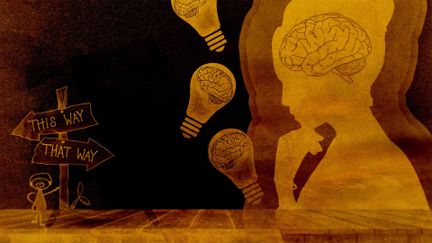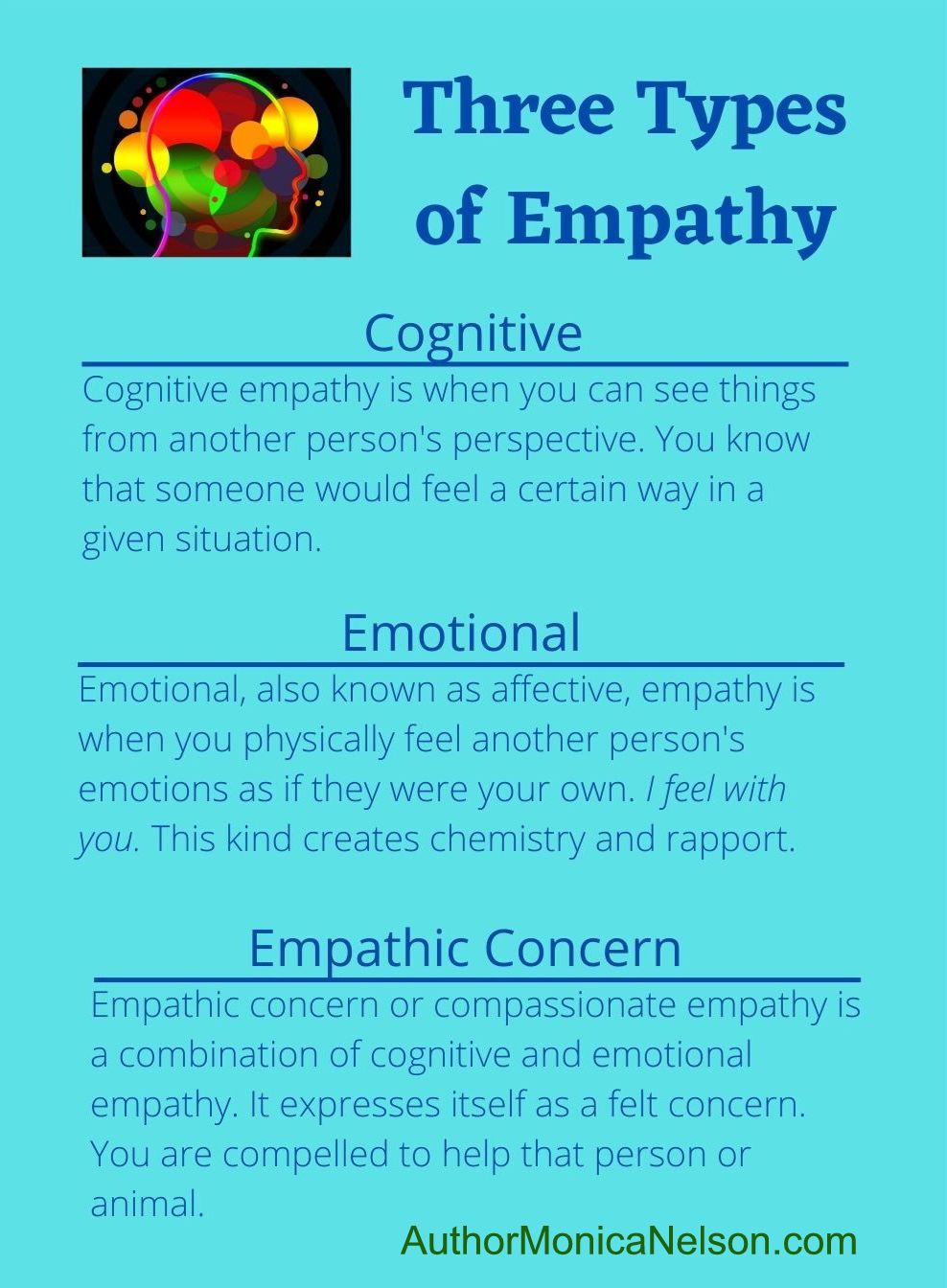One of my most favorite activities is curling up with a good book and a cup of tea. I am an introvert and a highly sensitive person. People like me enjoy solitude and most of us love reading. I enjoy everything from nonfiction and fiction alike. I like the smell of a new book, although I also enjoy the convenience of my Kindle. I cannot extol enough of reading’s virtues.
My penchant for a good story is rooted in humankind’s need for survival and growth. Here is a brief history of storytelling.
One of the oldest forms of communication is storytelling. Cave drawings in Lascaux and Chavaux, France have been found and estimated to date as long as 30,000 years ago. The earliest forms of storytelling were oral – the spoken traditions passed down from generation to generation.
Storytelling progressed along with our society. Around 700 B.C., we have the first appearance of written stories. Two notable examples are the Iliad by Homer, a Greek poem, and the Epic of Gilgamesh, containing five Sumerian poems.
The tradition has continued with so many more stories from your favorite book store or online-purchased e-books. The growth in popularity proving that we as a society value books.
There is a reason for this: Our society considers storytelling a great teacher. It plays a huge part in our lives. From entertainment to life-affirming skills. Stories are the best way to learn. They teach us about ourselves. They inform us as to how other people feel or act. They improve our health and well-being. They transport us into the world of our own imagination. All of which is vitally important to our personal growth.
This is the overview to a new series where we will examine just how important to us personally storytelling is. Each new blog post will examine in detail a different benefit you derive from reading. So, readers, you get validation and proof that you are enhancing your life experience by reading. And non-readers, you will see the evidence and anecdotal support that leads you into exploring what you are missing.
Please join me as we go deeper into the art of storytelling.
Copyright 2022, Monica Nelson










